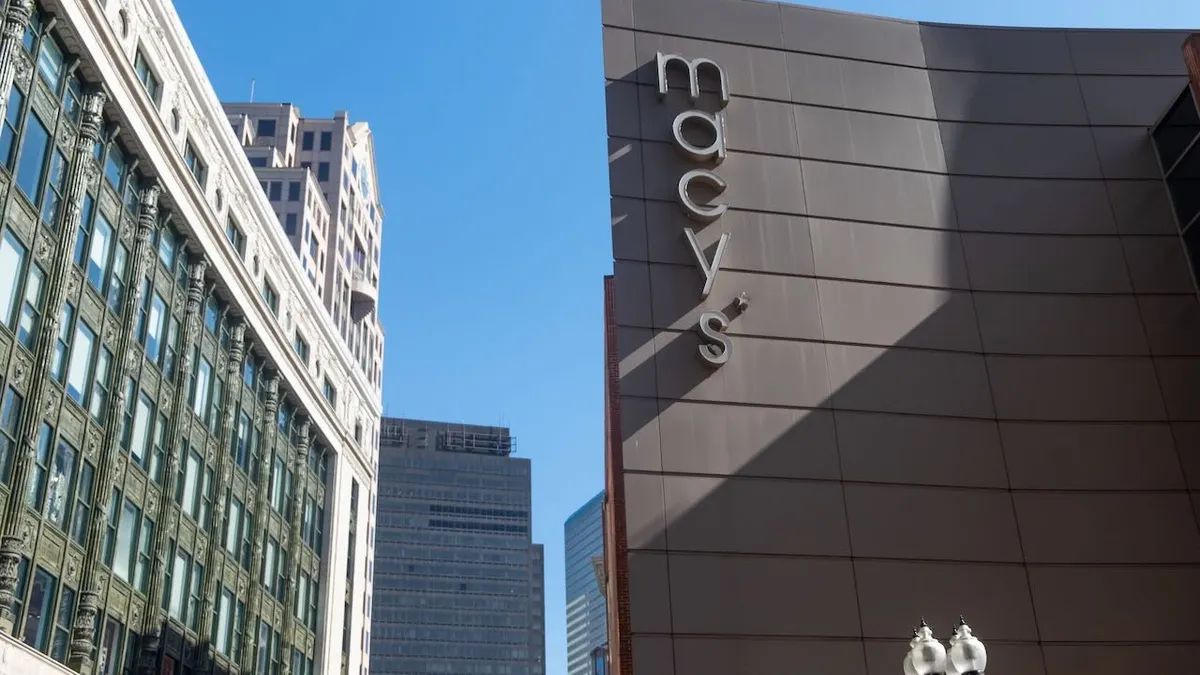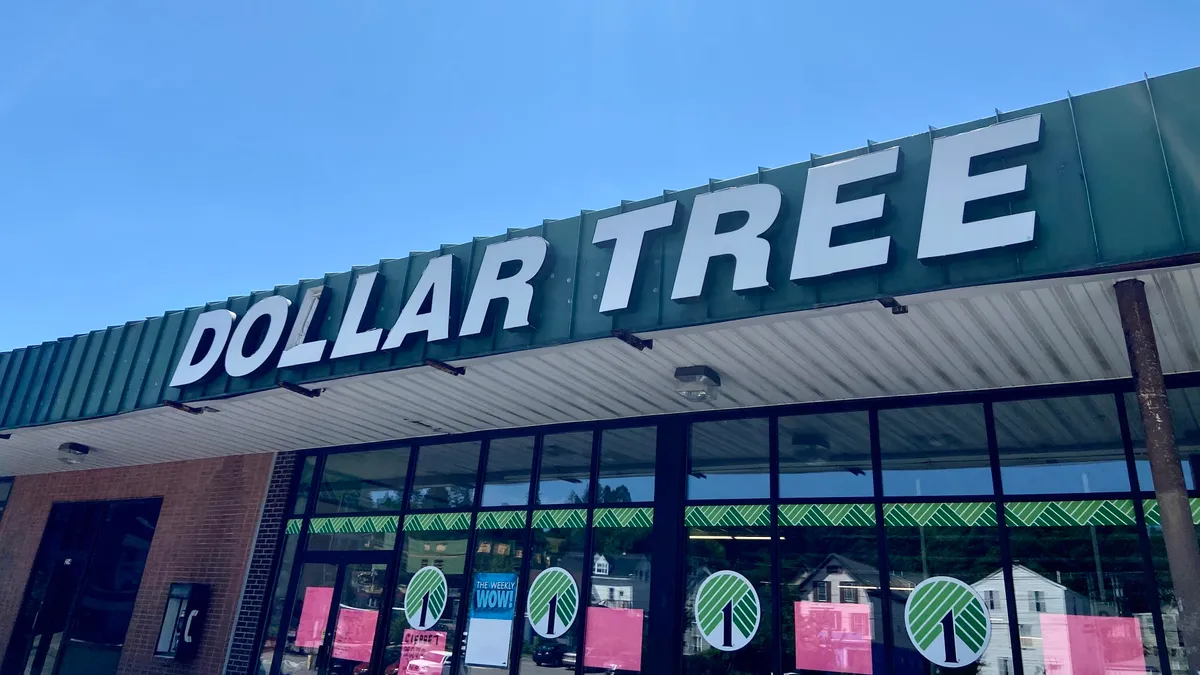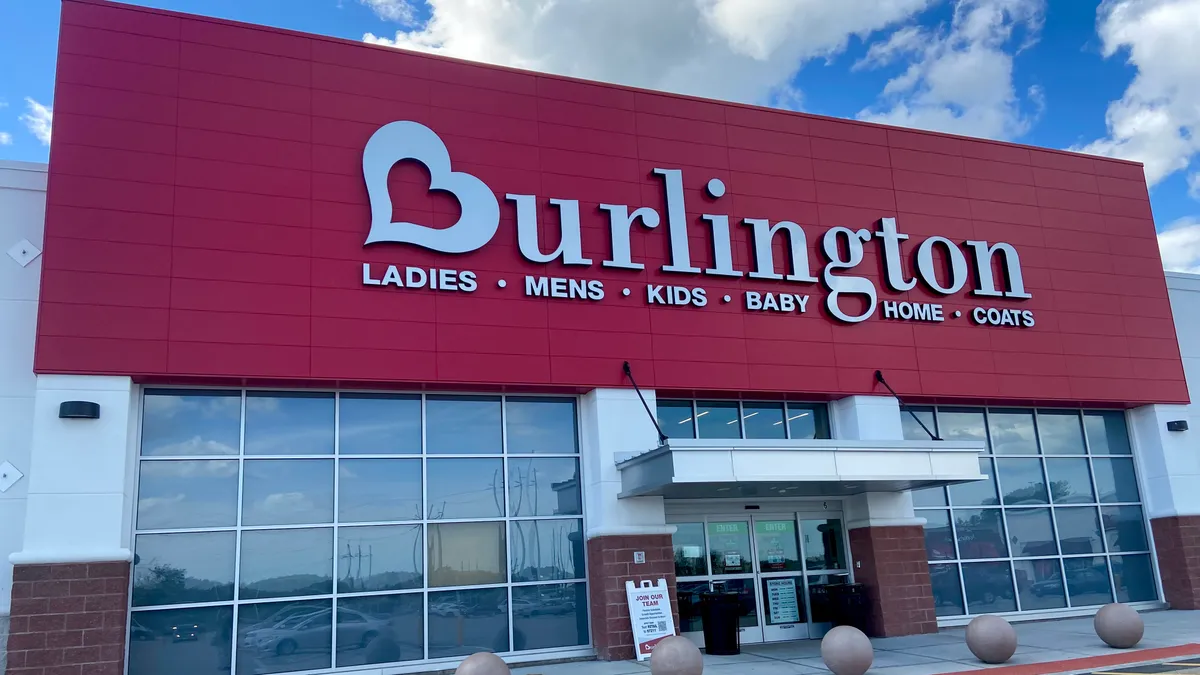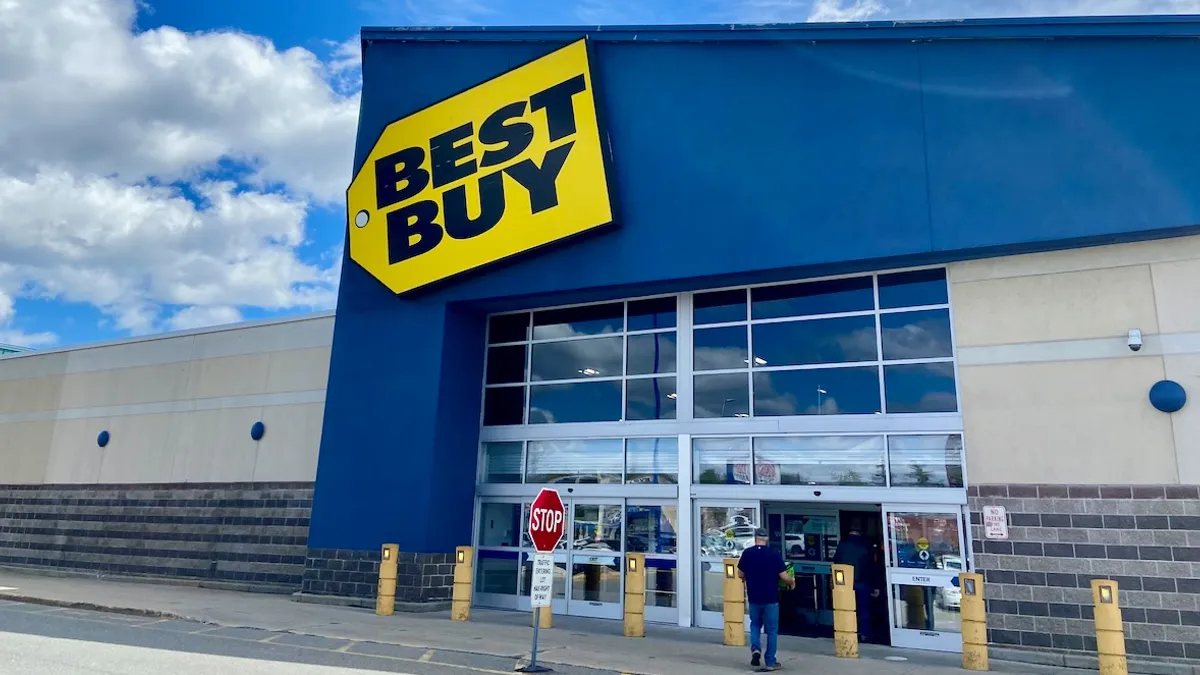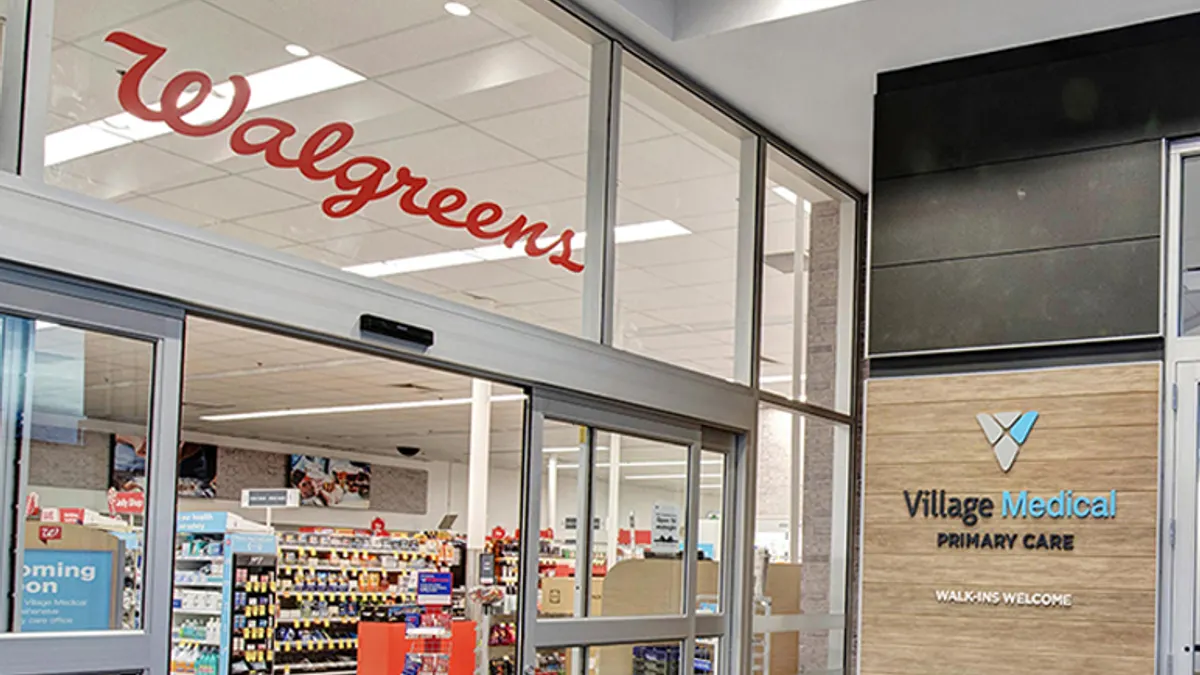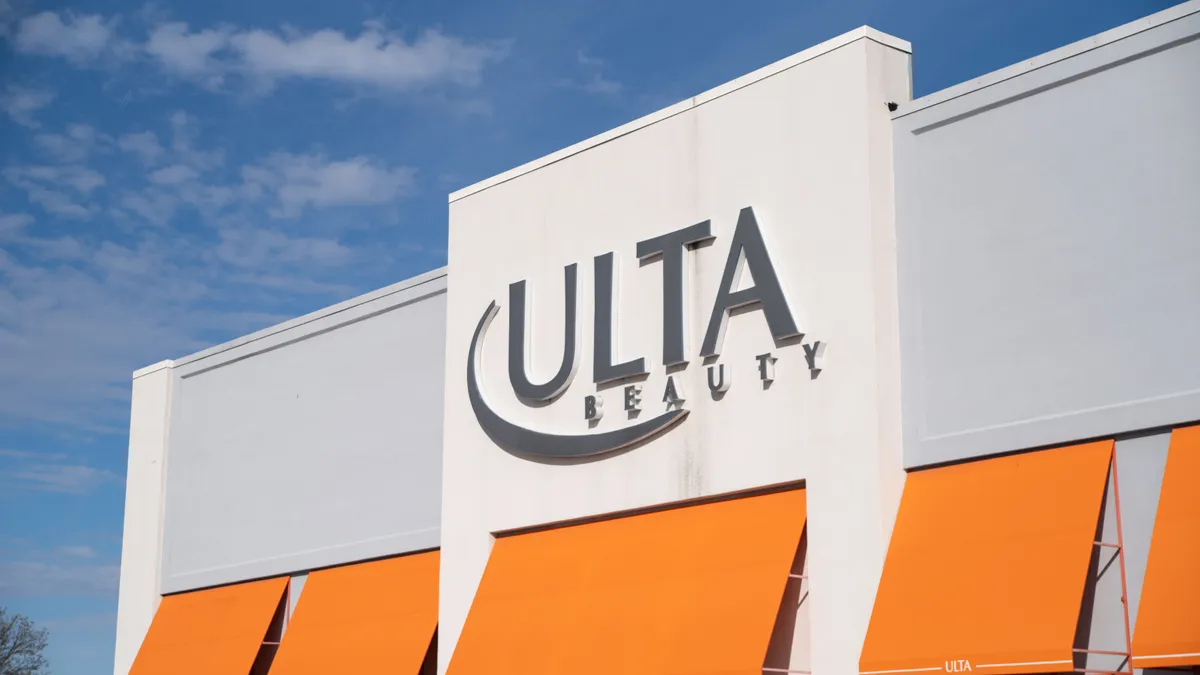Last year, the National Retail Federation spent $12.9 million on lobbying efforts. Walmart and CVS shelled out $6.9 million and $6.4 million respectively. These trade groups and companies were the the top retail sector spenders on lobbying in 2017.
Collectively, spending by retailers and retail trade groups totaled $58.1 million in 2017, a significant increase from the $46.1 million spent the year prior, according to data collected through Open Secrets, an arm of the Center for Responsive Politics that produces a database on lobbying spending.
Looking at the trend line over the last 10 years, retailers — and corporations more broadly — have dramatically increased the amount of money spent on lobbying in Washington. Back in 2007, retailers and industry groups collectively paid out just $22.5 million. Corporations weren't always so directly involved in Washington, and the increased presence of big companies — both financially and physically — appears to signal a new normal for mixing business and politics.
Overall, the retail industry lobbies primarily on trade policy, taxes, antitrust and labor and workplace laws. Many retailers are a part of trade groups like the NRF and the Retail Industry Leaders Association, both of which are consistent top spenders and rally around broad consensus issues like the new tax bill, e-commerce taxes and trade. But individual corporations have bulked up their lobbying efforts in recent years — especially Amazon.
Amazon made one of the biggest lobbying leaps last year — spending a whopping $13 million, up from $11.5 million the year prior. But the e-commerce giant's Washington play isn't exactly an apples-to-apples comparison to other retailers. Amazon may have grown into one of the most disruptive companies in the retail sector, but it plays in many spaces. Its lobbying efforts are classified by Open Secrets as internet lobbying, not "retail sales" lobbying, and its spending reflects that distinction. Amazon's total lobbying spend is more on par with tech giants like Google and Facebook, which last year spent $18.15 million and $11.51 million respectively.
Amazon is also unique from both its tech and retail competitors in the number of ponds it dips its toes into — think AWS, technology, drones, delivery and entertainment, just to name a few. All of these are areas where goodwill on the Hill could be essential to the company's growth.
As corporations become increasingly focused on Washington, it's revealing to look at how spending stacks up in the industry and what issues major players are focused on. Here's a look at how the top 10 spenders have shifted their lobbying dollars over the last five years.
How corporate lobbying is changing
For every lobbying dollar spent by public-interest groups, corporations spend $34, Lee Drutman, author of "The Business of America is Lobbying: How Corporations Became Politicized and Politics Became More Corporate," wrote in an article for The Atlantic in 2015.
Corporations didn’t always spend a lot of time or money lobbying Congress for amenable regulation or no regulation at all, but over the years they’ve invested much more in tracking issues that could affect their business interests and building the relationships that will steer legislation in their favor. And it seems to be working for retailers.
The retail industry has won several major public policy fights over the last year, including the passing of the new tax bill, which notably does not include the previously proposed border adjustment tax that stood to hurt retailers’ bottom lines. The existential threats posed by that issue rallied together retailers in a way that public policy issues rarely do. Historically, many left their political positions on legislation up to trade groups.
Back in the 60s and 70s, an "advocacy explosion" gave birth to an abundance of trade groups large and small, Tim LaPira, associate professor of political science and founder of the lobbying and revolving door databases on Open Secrets, told Retail Dive in an interview. Then in the 90s, individual corporate lobbying on specific issues began to increase, said LaPira, who published a book last year on the rise of revolving door lobbyists.
"What's interesting that Drutman finds is that even after that initial thing that convinced the company to set up shop in Washington, once that issue is resolved, then their lobbyist in Washington says, 'Hey here's two, three, four other issues that might concern you, keep me on your payroll.' And companies have done that," he said.
If you look back at data from 1998 (the oldest data on Open Secrets), Walmart only employed 12 lobbyists and Target two. Last year, the companies employed 62 and 20, respectively. The oldest data available for Amazon shows that the company hired 11 lobbyists in 2001. Last year the company hired 94.
The type of lobbyist that corporations are hiring has also changed dramatically in the last five to 10 years as political parties have become increasingly polarized, LaPira said.
"Now [the policy agenda] is much more centrally planned on both sides of the aisle. The consequence of that has been that companies now value the kind of lobbyist who can offer wonky policy expertise less and they value lobbyists who offer their professional connections but more especially their political process expertise," he said. "Those types of people happen to be folks that used to work in government, in the White House or on Capitol Hill and then go out and become a lobbyist and they can charge a lot more money for essentially their insider knowledge."
How the big players stack up
Every company has its own strategy when it comes to the level of involvement in politics and lobbying deemed prudent. For many, that means being a part of a trade group like the NRF or RILA. Lobbying spend from both of these organizations increased last year for some of the same reasons there was a spending jump across all industries: It was the first year of a new administration and some versions of the new tax bill threatened the industry.
While RILA's spend only increased 14.2%, NRF's spend rose a whopping 81%. When asked whether the rise indicated a strategic shift for the organization, NRF Senior Vice President of government relations David French told Retail Dive it "reflected a concurrence of first term of the new administration, a very robust legislative agenda and extraordinary, even existential, threats for the industry. All the things going on at once meant that we needed to raise and spend a lot more money."
But that type of high spending is unlikely to sustain, he said, "2018 will be a down year. It's almost like a wave."
Retail lobbying issues tend not to fall into a traditional partisan lexicon, which means the industry has to track a large number of issues from all angles, Brian Dodge, senior executive vice president of public affairs at RILA, told Retail Dive in an interview. Last year, many of its members came together over the proposed border adjustment tax, which threatened a $13 billion blow to balance sheets. Dodge said the issue has helped keep some companies more engaged in public policy initiatives.
"The issues that they face have exploded in how salient they are to the country and the economy and with that comes the risk of being regulated," Dan Auble, researcher on lobbying at the Center for Responsive Politics, told Retail Dive in an interview. "Just the fact that the nation has started debating things like net neutrality and those types of issues probably prompted them to get more involved."
Here's a closer look at the lobbying efforts of three of the industry's biggest rivals: Walmart, Target and Amazon.
Walmart
Walmart has consistently been the No. 2 top spender in the "retail sales" category for lobbying, as tracked by Open Secrets. Last year, the company spent $6.9 million, only slightly higher than the $6.8 million spent the year prior and the $6.7 million the year before that.
Walmart annual lobbying spend

Walmart did not respond to multiple requests for comment, but the data from Open Secrets show the company lobbied primarily on taxes, but also on trade and defense, among other issues.
"Walmart is a big retailer but they're more like a store you go to. Amazon is as much of a store as it is a market as I understand it," LaPira said. "Walmart might have its hands in a number of enterprises but not like Amazon does, Amazon is spread out."
Walmart, unlike Amazon, has developed its Washington roots over the course of decades with a long-running lobbying presence and a relatively level approach to how much it spends on lobbying.
Target
Target may not spend nearly as much money on lobbying efforts as Walmart, CVS Health and other big-box retailers, but it's getting its name out there as a retailer that wants to be at the center of public policy debates.
Target annual lobbying spend

In 2017, the company spent $2.8 million on lobbying, up 70.9% from the $1.65 million spent the year prior. Key issues were taxes, transportation and consumer safety. While Target did not agree to an interview on the topic, company spokeswoman Susan Bell told Retail Dive that the debate surrounding the proposed border adjustment tax and the new tax bill were the main drivers beyond Target's increased lobbying activity last year.
Target CEO Brian Cornell has also become a prominent face in retail lobbying over the last year. In fact, his work testifying before a congressional committee against the proposed border adjustment tax, among other things, helped him land a spot as chairman of the board of directors at RILA in January.
Amazon is bulking up
"Amazon straddles the line between a tech company and a retailer in a way that the Googles and Facebooks don't," Auble said in regards to Amazon's rise in Washington.
Amazon annual lobbying spend

"One of the stories over the last five years or so ago has been how tech companies in Silicon Valley have really ramped up their presence in D.C. in attempts to influence the government, but it seems like they see that it is wise to have a presence here before something, an existential crisis hits," he said.
From 2016 to 2017, Amazon increased the number of lobbyists it employs by 68% from 56 to 94. When asked about its lobbying increase, Amazon did not agree to an interview but gave a previously issued statement from Brian Huseman, VP of Public Policy at Amazon: "As one of the biggest job creators in the country, we’ve expanded our team in Washington, D.C., to ensure we are able to cover the growing range of topics that are important to policymakers, our employees, and our customers."
Late last month, Huseman told The Wall Street Journal that the company was working with the administration in the same way it has with every other administration, which means working together "where there is common ground." Amazon, and specifically its CEO Jeff Bezos, have struggled with a testy relationship with the current administration and specifically President Donald Trump. But as Amazon enters new markets and pushes deeper into others, better relationships in Washington are more important than ever.
That appears to be true for just about every retailer.






